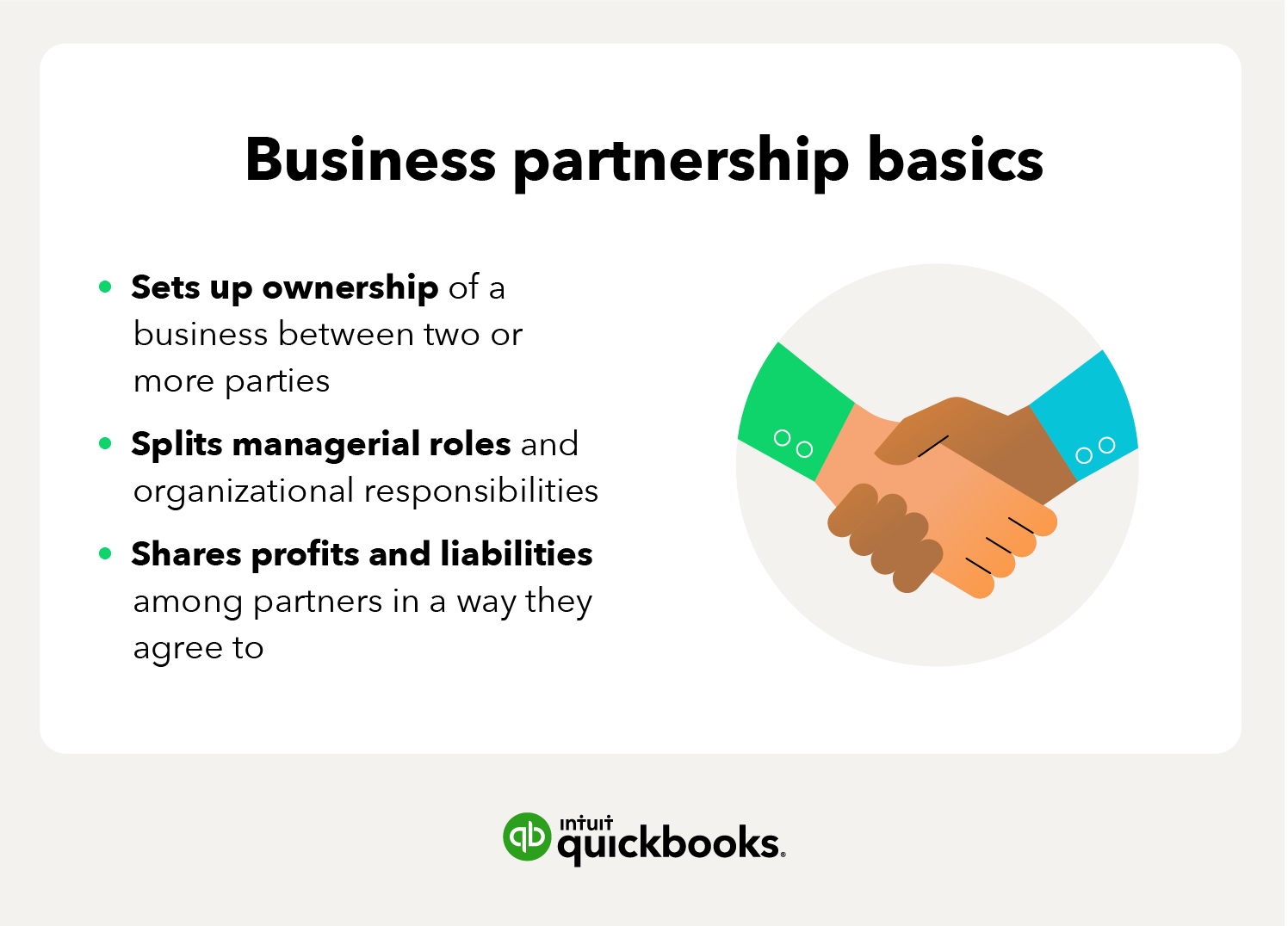What To Do If Your Business Partner Is Not Working

The midday sun streamed through the windows of "Sunrise Bakery," illuminating dust motes dancing in the air. Sarah meticulously frosted a batch of cupcakes, her brow furrowed in concentration. The sweet aroma of vanilla usually brought her joy, but today, a knot of anxiety tightened in her stomach. Her business partner, Mark, was nowhere to be seen, again.
Navigating the complexities of a business partnership can feel like traversing a tightrope. When one partner isn't pulling their weight, the entire venture teeters precariously. This article provides a practical guide on addressing the challenging situation when your business partner is not contributing as agreed, ensuring the survival and success of your shared enterprise.
Identifying the Root Cause
Before jumping to conclusions, it's essential to understand why your partner isn't working. Start with empathy. Could there be underlying personal issues affecting their performance?
Sometimes, the problem isn't unwillingness, but a lack of clarity. Were roles and responsibilities clearly defined from the outset? A survey by the Small Business Administration (SBA) indicates that unclear roles are a primary cause of partnership disputes.
Burnout is another significant factor. The relentless demands of running a business can take a toll. Perhaps your partner is simply exhausted and needs support.
Open and Honest Communication
The first step is always a direct, yet compassionate conversation. Schedule a meeting in a neutral setting, away from the pressures of the workplace.
Use "I" statements to express your concerns without placing blame. For example, "I've noticed that the marketing reports haven't been submitted on time, and I'm feeling overwhelmed trying to cover that responsibility."
Listen actively to your partner's perspective. There may be valid reasons for their reduced contribution that you're unaware of.
Re-evaluating Roles and Responsibilities
If the issue stems from unclear roles or a mismatch of skills, consider re-evaluating the partnership agreement. Could tasks be redistributed to better align with each partner's strengths?
Perhaps Mark at Sunrise Bakery excels at customer interaction but struggles with administrative tasks. Could Sarah take on more of the paperwork while Mark focuses on building relationships with suppliers and customers?
Consider a trial period with the new roles to assess their effectiveness. Regularly check in with each other to ensure everyone feels supported and valued.
Seeking Mediation
When direct communication fails to resolve the issue, consider seeking professional mediation. A neutral third party can help facilitate constructive dialogue and identify mutually agreeable solutions.
The American Arbitration Association (AAA) offers mediation services specifically tailored for business disputes. A skilled mediator can guide you both toward a resolution without resorting to costly legal battles.
Mediation provides a safe space to address sensitive issues and explore potential compromises. It can help preserve the partnership, even in challenging circumstances.
Legal Recourse: A Last Resort
In extreme cases, where communication and mediation prove ineffective, legal action may be necessary. This could involve amending the partnership agreement or, ultimately, dissolving the partnership.
Consult with an attorney specializing in business law to understand your rights and obligations. Document all instances of your partner's lack of contribution, as this will be crucial evidence in any legal proceedings.
Remember, legal action should be viewed as a last resort, as it can be time-consuming, expensive, and emotionally draining.
Protecting Your Business
Regardless of the chosen course of action, prioritize the well-being of your business. This may involve temporarily taking on additional responsibilities or hiring temporary staff to fill the gaps.
Maintain open communication with your employees and customers to reassure them that the business remains stable and committed to providing excellent service. Transparency is key during times of uncertainty.
Continuously monitor the business's financial health and adjust your strategies as needed to mitigate any negative impact from your partner's lack of contribution.
Moving Forward
Dealing with a non-performing business partner is undoubtedly challenging. However, by addressing the issue proactively, communicating openly, and seeking professional guidance when necessary, you can navigate this difficult situation and protect your business.
Sarah, from Sunrise Bakery, took a deep breath and decided to schedule a meeting with Mark. She knew it wouldn't be easy, but she was determined to find a solution that would allow their bakery to thrive. Honest communication and a willingness to compromise, she hoped, would be the key ingredients to mending their partnership.
Remember that every business partnership is unique, and there is no one-size-fits-all solution. Embrace flexibility, maintain open communication, and prioritize the long-term health of your business.

![What To Do If Your Business Partner Is Not Working [Updated 8/9/24] What Do You Do When Your Business Partner Wants to](https://images.squarespace-cdn.com/content/v1/639b5b2c4098ba4df6e6dc92/75066195-a335-43c7-82ca-5e5b3bf7bdce/Maryland%2BBusiness%2BPartnership%2BAttorney.png)
















